general
March 13, 2016
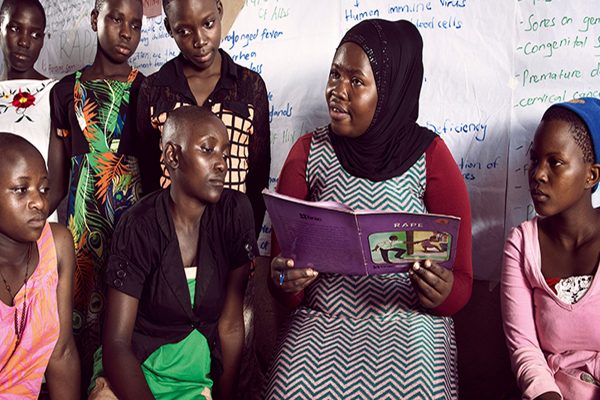
Jazirah Namukose, 18, left school feeling the sting of rejection. Classmates discriminated against her because of her disability- a clubfoot. But her life changed when she started going to the Kikaaya girls’ club in northern Kampala, Uganda. She gained skills and the confidence to start her own business- and found friends who didn’t treat her differently because of her disability.
March 10, 2016
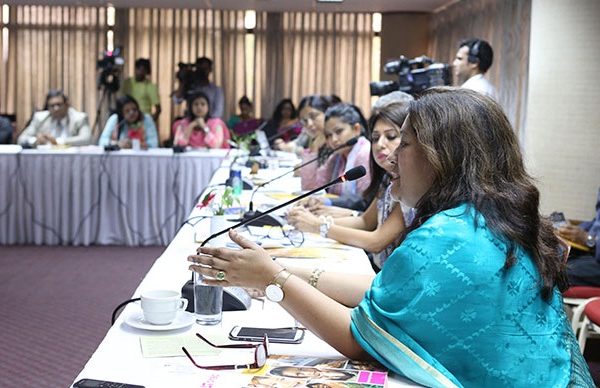
Published by Tanzia Haq at Mar 10 2016
Women in the workplace make sense. According to the World Economic Forum, companies with a strong track record of gender diversity are 15 per cent more likely to have higher earnings than their peers. The Fortune 500 companies with the highest representation of women on their boards significantly outperform the others.
March 8, 2016
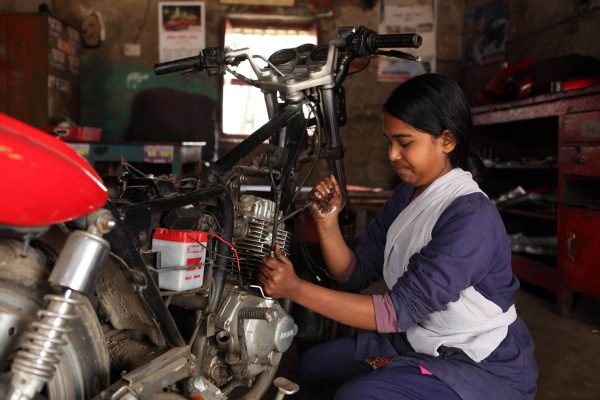
Published by Asif Saleh at Mar 08 2016
An hour away in the rural town of Tongi, Mahmuda Akhter, 16, sits in a mobile phone servicing shop in the main market. A stressed looking customer rushes in with his phone. Holding a small screwdriver, Mahmuda pries open the cover of his mobile and diagnoses the problem.
February 22, 2016
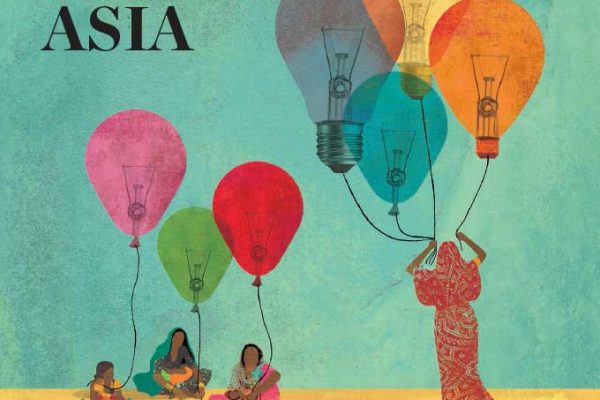
Published by Maria A May at Feb 22 2016
Categories
If there were a simple recipe for social innovation, anyone could easily transform an idea into an impactful solution reaching millions. Unfortunately things are a lot messier on the ground. Many ‘amazing’ innovations that promise to save millions of lives fail to scale and quietly disappear.
February 4, 2016

Published by Jonathan Das at Feb 04 2016
Categories
Poverty is opportunity. Sure, one can take a kaleidoscopic peek into the word's denotation, but poverty instigates and propels action intended for positive change. Today, around 700 million people are thought to live in extreme poverty, defined as surviving on less than USD 1.90 a day. In 1990, that statistic was more than 1.9 billion.
February 1, 2016
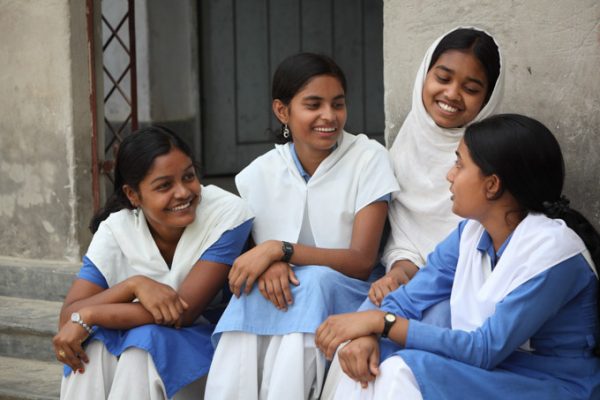
Published by A.T.M. Ridwanul Haque at Feb 01 2016
A few months ago, Thaingkhali High School in south-eastern Bangladesh had neither safe water supply nor adequate facilities for handwashing. Without safe water in the school premises during the dry season, students felt dehydrated, becoming sleepy and unable to concentrate during lessons.
January 27, 2016

Published by Asif Saleh at Jan 27 2016
Categories
It has been a few days since Dr Mahabub Hossain has left us. As more and more people are remembering him, it is clear what a profound impact he had on those he crossed paths with. As a leader, Dr Mahabub’s contribution was immense in BRAC as well.
January 22, 2016
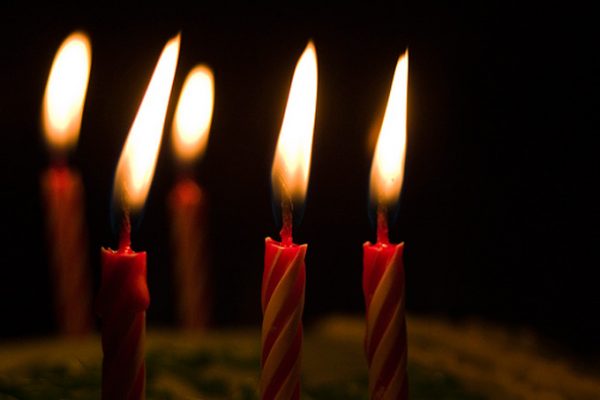
Published by Isabel Whisson at Jan 22 2016
Categories
2015 was an important year for the world of financial inclusion. Starting with the publication of the six randomised controlled trials results in January that sparked debate on the impacts of microcredit, the sector went on to celebrate (and question) an increase of 700 million people with access to financial services since 2011, with the publication of the 2014 Global Findex.
January 20, 2016
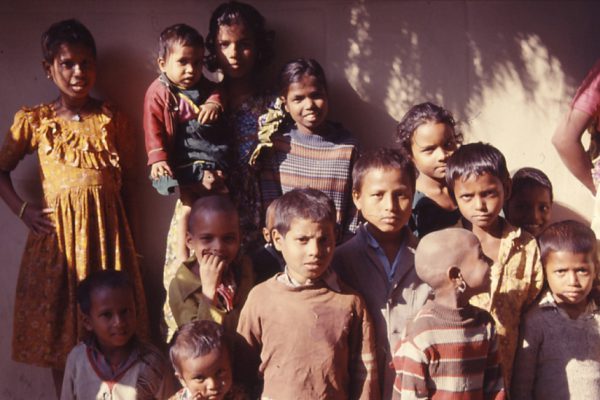
Published by Andrew Jenkins at Jan 20 2016
Categories
It was the summer of 1975. I was working in Oxford with a student group campaigning on world poverty and in support of liberation movements in Africa and Asia. Oxfam House was just down the road. They were recruiting an assistant to work in Saigon.
January 7, 2016
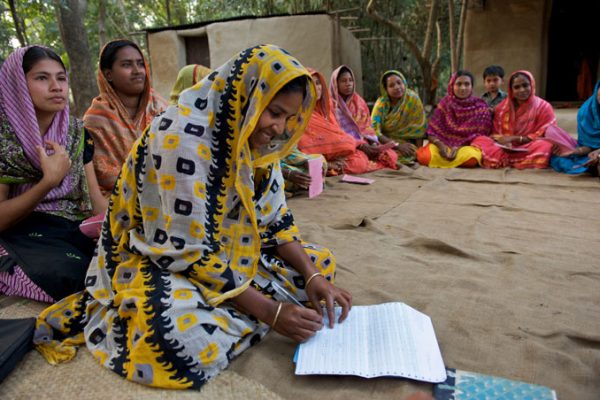
Published by Alvina Zafar at Jan 07 2016
Categories
“I can’t thank BRAC enough for standing beside me when I needed help the most,” Rahela, 24, a microfinance borrower and recipient of BRAC’s credit shield insurance, tells us. She borrowed USD 385 in January 2015 to invest in a small clothing business. Recalling her experience, she reveals, “My husband was not interested initially in having a joint insurance policy, but when the customer service assistant explained it in detail, we decided that we should pay the small premium.”
December 10, 2015
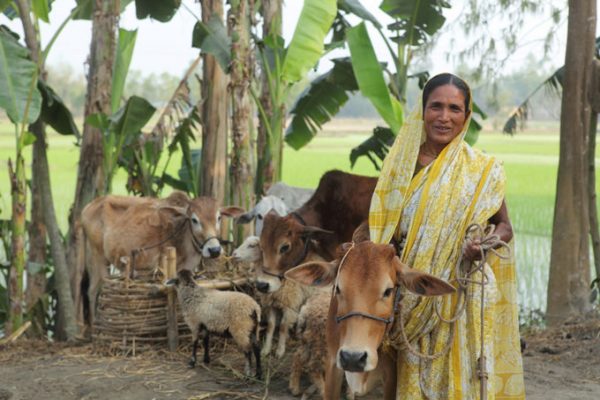
Published by Duncan Green at Dec 10 2015
Categories
People are often very rude about ‘big push’ approaches to development – the idea that you can kickstart a country (or a millennium village) by simultaneously shoving in piles of different projects, technical assistance and cash. The approach hasn’t got a great track record, but now a kind of micro Big Push, targeting the ‘ultra poor’ in a range of countries, is showing some really promising results.
December 9, 2015
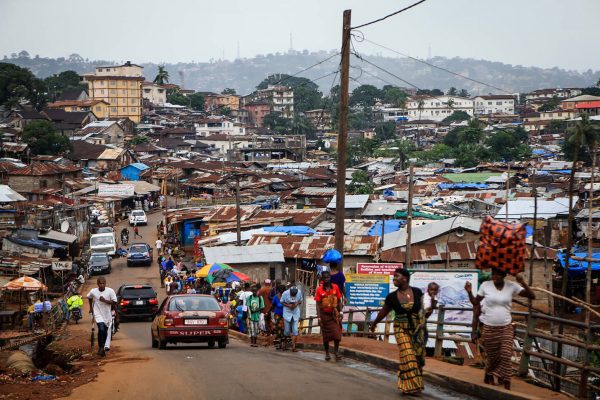
Published by Faruque Ahmed at Dec 09 2015
Sierra Leoneans celebrated in the streets last month when 42 days passed without a single new case of Ebola. The mix of mourning and jubilation called to mind the signing of a peace treaty after a war, and the end of Ebola should indeed be greeted as a victory.

